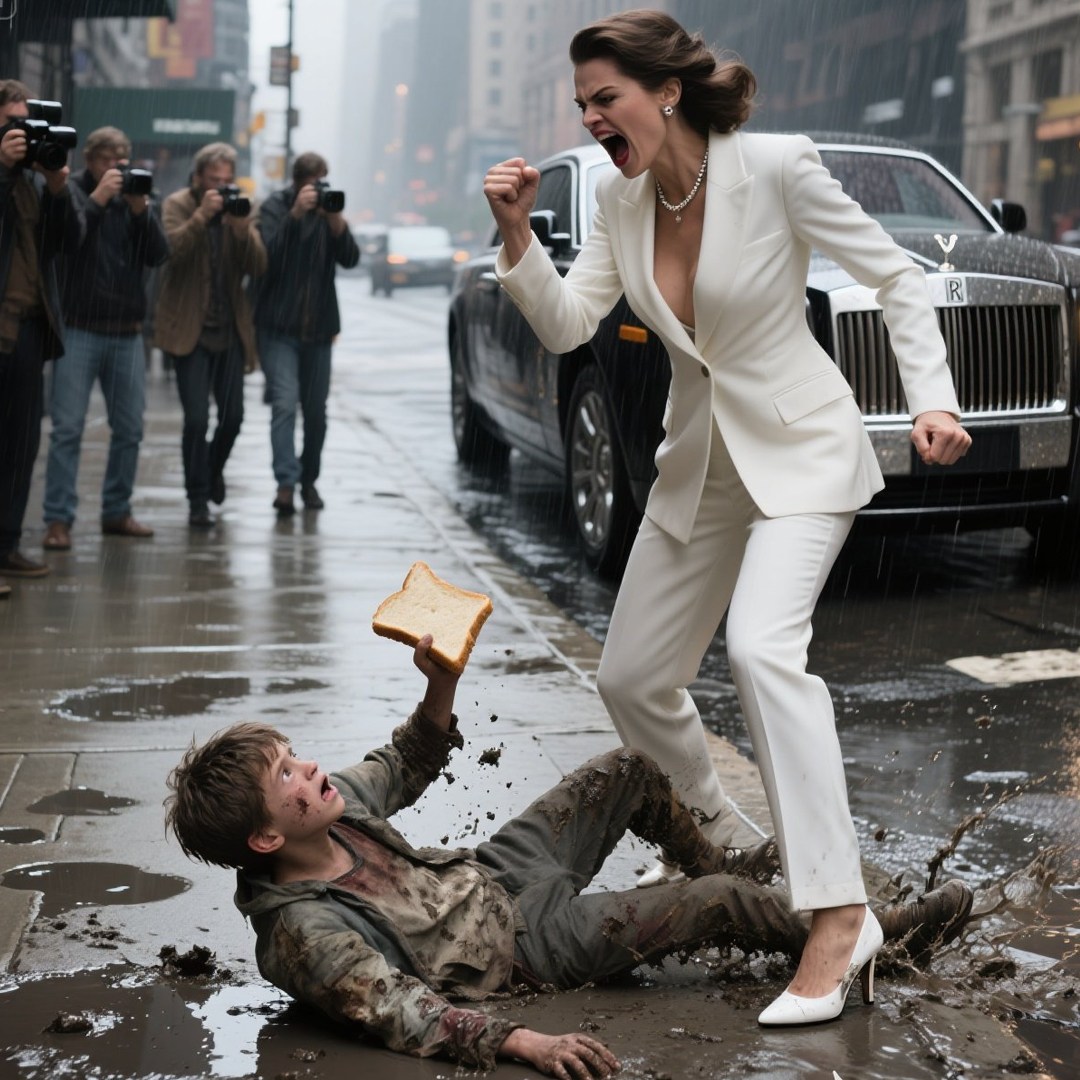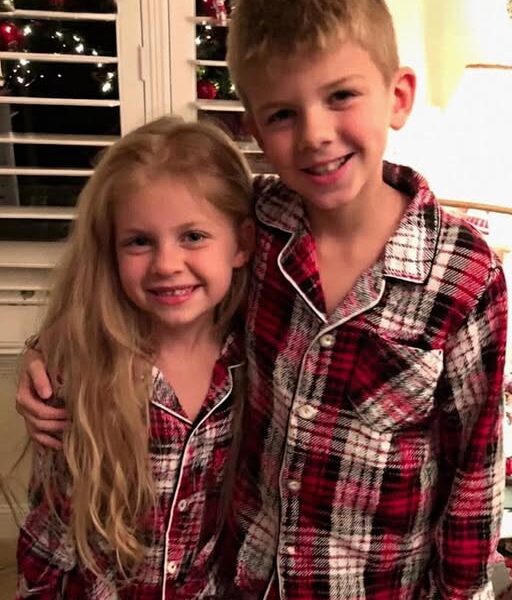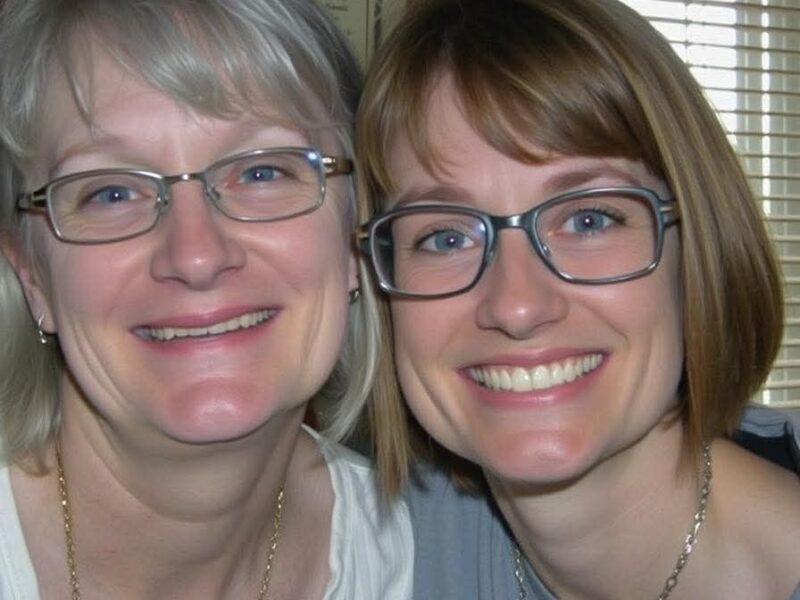It had been five years since Isabella Reed’s life fell apart. Once known as a warm and gentle mother in Beverly Hills, she became someone entirely different after her only son, Liam, was kidnapped right outside their home. The police found no clues—no ransom note, no witness. It was as if he had vanished from the earth. Isabella spent millions searching, hiring private investigators, funding campaigns, and following every hint of hope, but nothing ever brought Liam back. Eventually, the grief hardened her. Her voice became colder, her world became smaller, and she hid her pain behind flawless couture and corporate power.
On a rainy afternoon in Manhattan, Isabella stepped out of her white Rolls-Royce in front of Le Verre, an elite restaurant favored by celebrities and executives. She wore a pristine white designer suit, tailored to perfection. Her posture, her steps—everything about her said control.
The sidewalks were crowded with umbrellas and rushing footsteps. She was just a few steps from the glass doors when a young boy, about nine years old, ran by holding a greasy paper bag of leftover food. His clothes were torn, soaked, and stained. His hair clung to his forehead. His eyes were tired—too tired for a child.
He slipped on the wet pavement, crashing into Isabella. Muddy rainwater splashed up the length of her white skirt.
Gasps came from the crowd.
Isabella stared down at him, her jaw tight. “Watch where you’re going,” she snapped.
“I—I’m sorry,” the boy stuttered, his voice trembling. “I just wanted the food. I didn’t mean to—”
“This outfit costs more than your life,” she said sharply, not caring who heard.
People turned. Some whispered. Others lifted their phones to record.
The boy stepped back, but Isabella’s anger surged. She pushed him, and he tumbled into a puddle, water soaking him entirely.
Shocked murmurs rippled through the crowd. Cameras clicked. Isabella Reed—fashion icon, philanthropist—caught on film shoving a homeless child.
But then, her breath caught.
On his left wrist, partly hidden under dirt and rainwater, was a small crescent-shaped birthmark.
Exactly like Liam’s.
Her heart slammed against her ribs. The world seemed to tilt.
The boy looked up at her—not crying, just quietly broken.
“I’m sorry, ma’am,” he whispered again. “I only eat what’s left.”
And then he stood and walked away into the rain.
Isabella couldn’t move.
Her hands shook.
Could it be…?
Sleep avoided Isabella that night. She lay awake, staring at the ceiling, replaying the moment again and again. The birthmark. The eyes. The softness in his voice. She remembered a small laugh Liam used to make when he was tired—it had sounded just like that.
By dawn, she couldn’t endure the uncertainty anymore. She called her most trusted aide, David Miller. Her voice was quiet, unfamiliar even to herself. “Find that boy. The one in the photographs from yesterday.”
David didn’t ask why. Within two days, he returned with information. The boy’s name was Eli. No birth certificate. No school enrollment. No medical records. Locals on East 10th Street said he was cared for by an elderly homeless man named Walter.
That evening, Isabella disguised herself: a plain coat, no jewelry, her hair tied back. She walked through cold wind and trash-strewn sidewalks until she saw a folded piece of cardboard acting as shelter. Eli lay inside it, sleeping, his tiny frame curled to keep warm. Beside him sat Walter, his face lined with age and hardship.
Walter looked up. “You looking for the boy?” he asked, not unkindly.
Isabella nodded, unable to speak.
“He’s a good kid,” Walter said. “Doesn’t remember much. Says his mama will come back for him. Holds onto that necklace like it’s the last thing that belongs to him.”
Isabella’s eyes dropped to Eli’s chest. Around his neck hung a tarnished silver pendant—engraved with one word:
Liam.
Her lungs tightened. Her vision blurred.
She returned several times in secret, leaving food, blankets, medicine. She watched from a distance as Eli smiled more, as Walter thanked whoever the unseen helper was.
She took a few strands of Eli’s hair for a DNA test. The wait was agonizing.
Three days later, the envelope came. Her hands trembled as she opened it.
99.9% match.
Eli was Liam.
Her knees gave out, the paper falling from her grip. She sobbed—heavy, broken sobs spilling years of grief and guilt. She had screamed at her child. She had pushed him.
And now, she had to face him again—not as a stranger, but as his mother.
Isabella arranged for Eli to be moved to a temporary care shelter through a charitable foundation she funded. She needed a safe, clean place to finally tell him the truth—to bring him home gently, not in shock.
But when she arrived at the shelter the next morning, everything was in chaos.
“Eli is gone,” a caretaker said, pale with worry. “He heard he might be relocated. He panicked and left in the middle of the night.”
Fear stabbed Isabella like a knife. All her power meant nothing now. She didn’t call her driver. She didn’t call security. She simply ran—through streets, down alleys, calling his name into the cold city air.
“Liam! Eli! Please—come back!”
Hours passed. Rain began to fall again.
Finally, beneath a bridge, she found him. Eli sat beside a pile of old blankets, knees pulled to his chest. His eyes were red, his face streaked with tears. The old man, Walter, lay still beside him.
“He died last night,” Eli whispered. “He always told me my mom would come for me. But she never did.”
Isabella dropped to her knees, rain soaking her hair and clothes. Her voice broke.
“I’m here. I’m your mother, Liam. I never stopped looking for you.”
The boy’s breath trembled. “But… you hurt me.”
She wept. “I didn’t know. And I can never undo it. But I will spend the rest of my life making it right—if you’ll let me.”
For a long moment, only rain spoke.
Then Eli slowly reached forward, touching her cheek with a small, shaking hand.
“You came back,” he whispered.
And Isabella pulled him into her arms, holding him as if she would never let go again.
Months later, she founded The Reed Foundation for Missing Children, giving families hope she once lost.
Every rainy day, mother and son return to that bridge—hand in hand—not to remember pain, but to remember that love did not fail.


